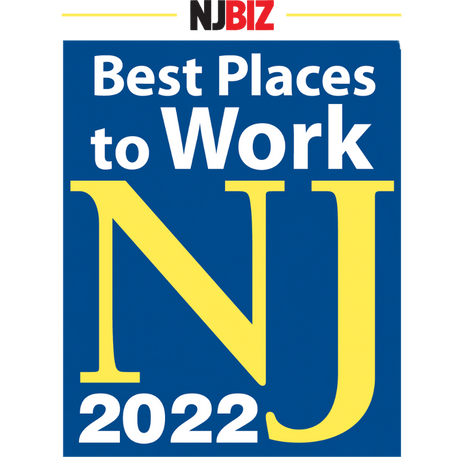A Philanthropic
Law Firm
with people who use their talents to
better the world around them.
We are proud members of Primerus, an international society of law firms that allows
us to provide our clients with resources both across the country and around the world.






*We are proud to have been named by US. News & World Report to their “Best Law Firm” list for a number of years. No aspect of this advertisement however has been approved by the New Jersey State Bar Association. To review the methodology for this award, please visit: https://bestlawfirms.usnews.com/methodology.aspx